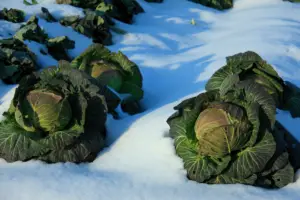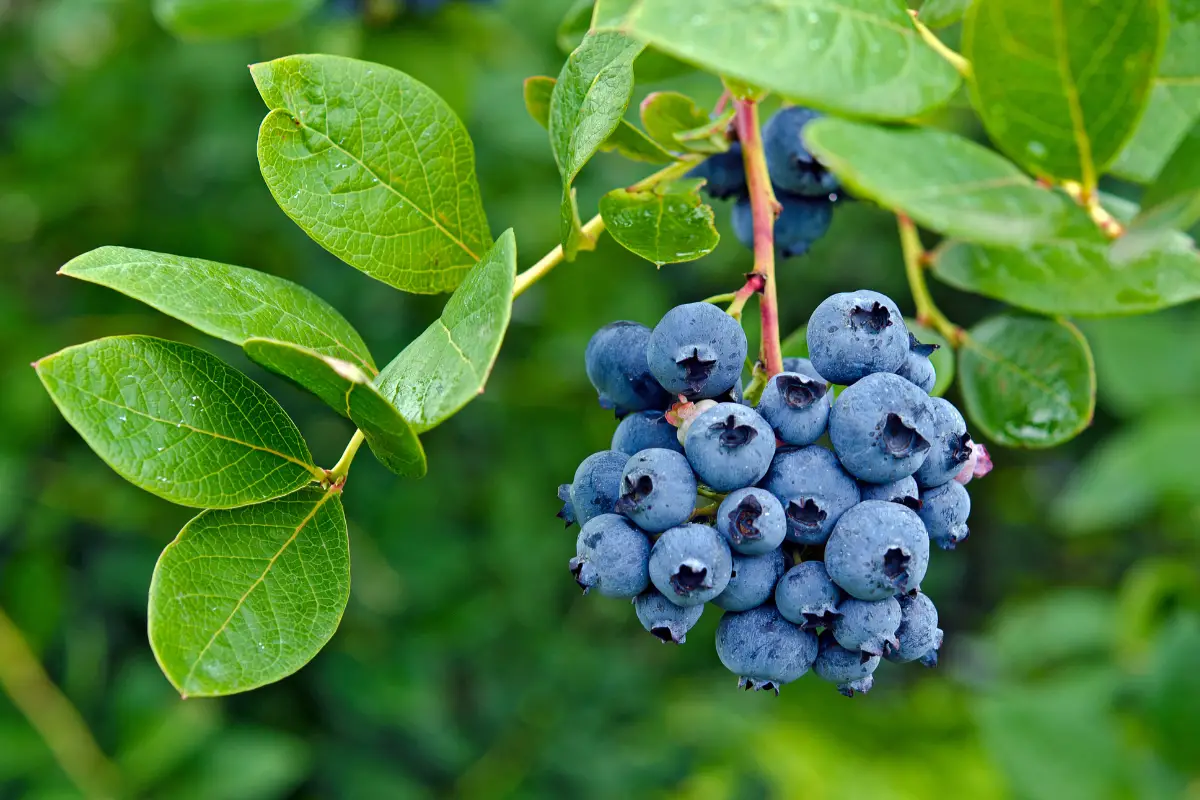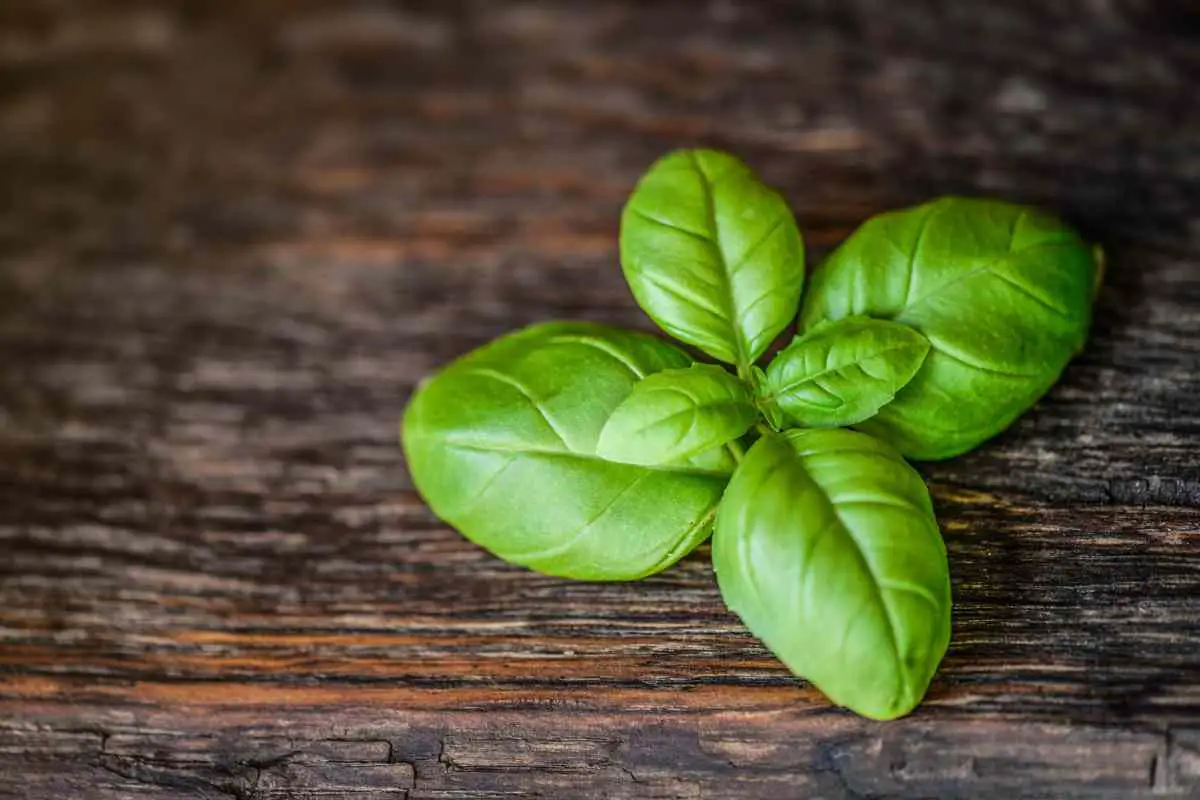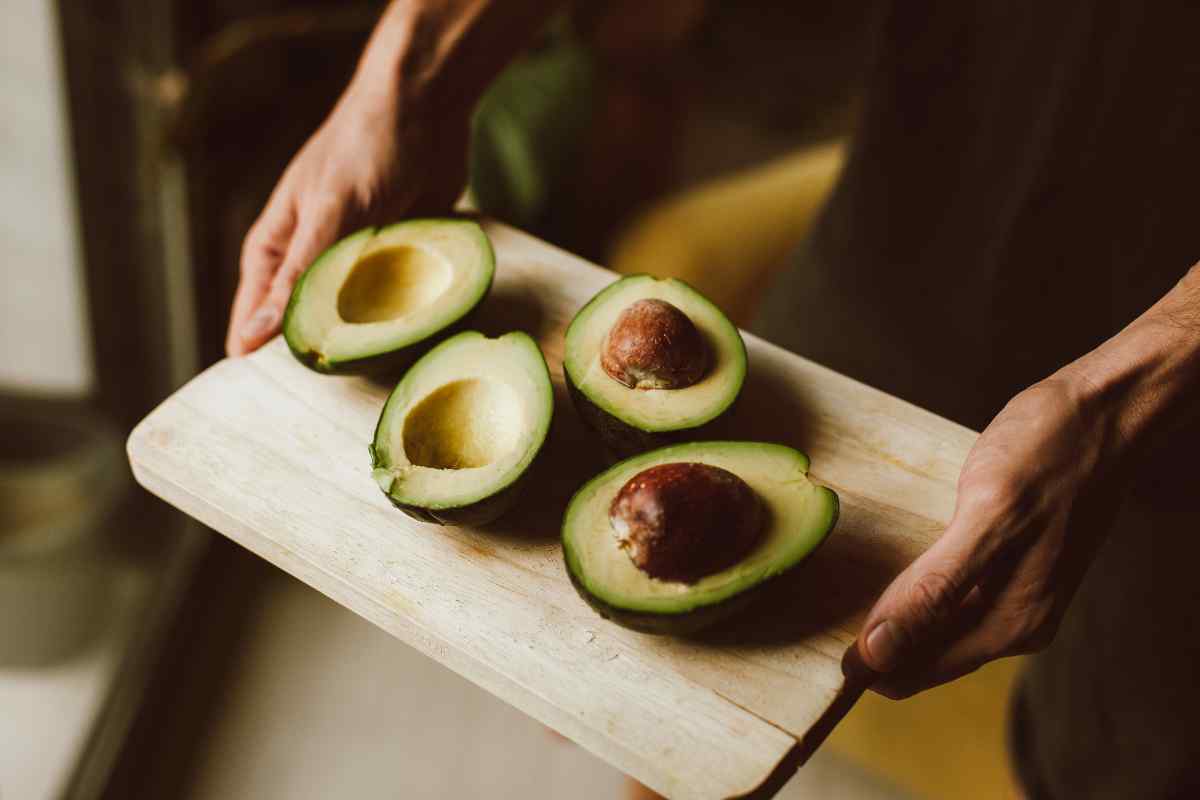Many gardeners use and grow ginger at some point, so they want to know if they can compost it. While the root is compostable, you need to use it in small amounts. It takes a long time to break down, and worms don’t like the taste.
Overall, you can compost ginger easily if you follow a few basic rules!
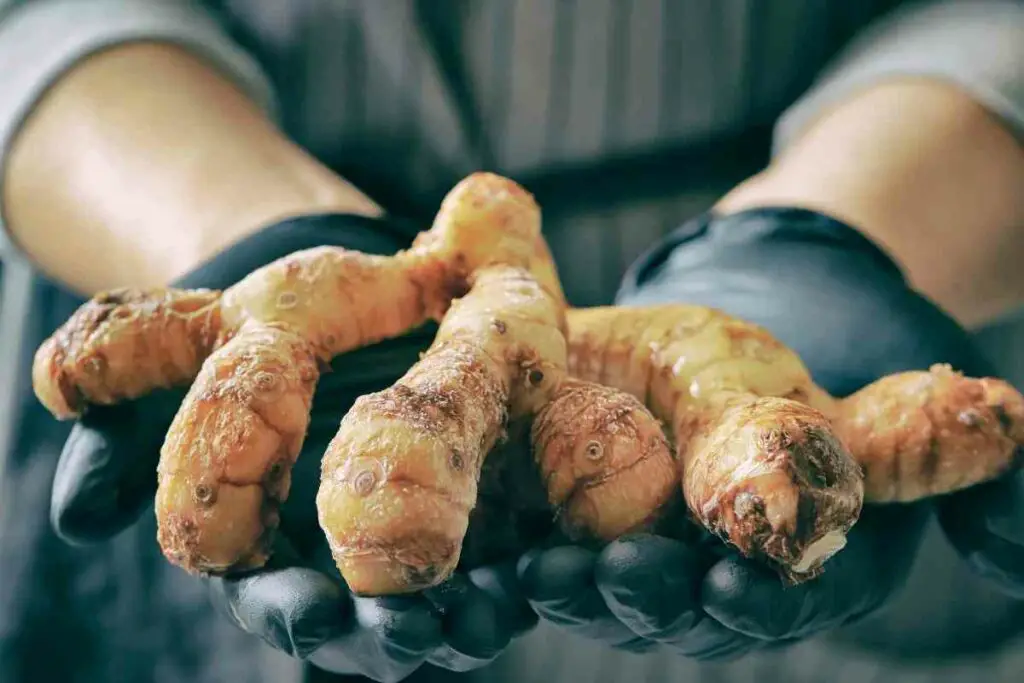
Ginger can slow down the composting process, so make sure you also keep that in mind.
You’ll also want to keep your compost far away from your home since ginger can make it smell bad.
Table of Contents
Can I Put Ginger in My Compost?
You can add small amounts of ginger to your compost at a time.
You won’t want to go overboard with it for several reasons.
The only instance where you shouldn’t add ginger to your compost is when you’re vermicomposting.
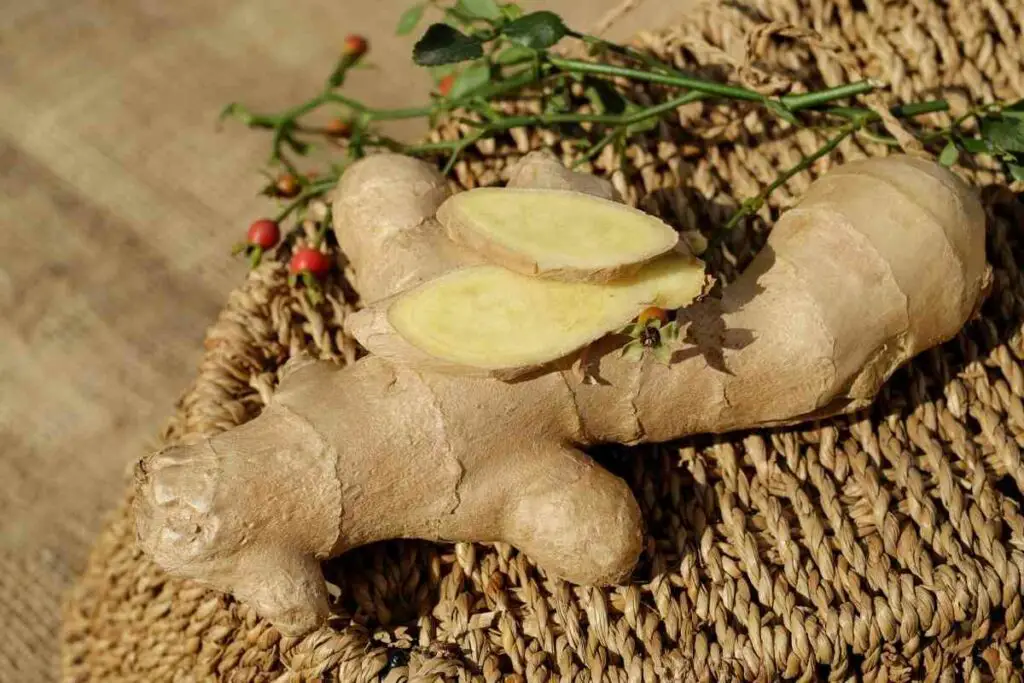
Vermicomposting involves using worms to eat and break down scrap food into nutritious soil for your garden.
Most species of worms dislike ginger and will avoid it entirely. Because of this, the ginger will sit in your vermicompost for very long periods.
So, unless you specifically use worms to create compost, you can add some ginger!
You won’t want to add large batches of the root to your compost bin. Although, you can still add small portions over time.
How To Compost Ginger
Ginger has a sturdy outer layer, making it take much longer to break down when compared with other types of produce.
You can peel the ginger and cut it apart to help the process. The peels can go in the compost too, so it works out great!
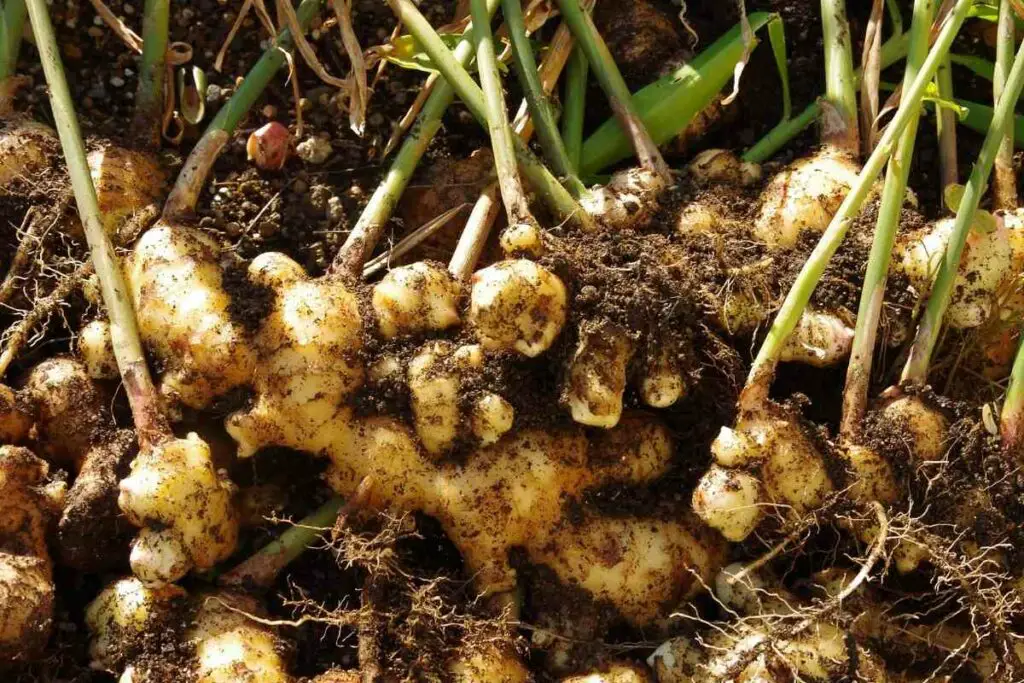
However, since ginger is a root, you might notice it growing in your compost pile!
After All – There are plenty of nutrients there for sprouting plants. If this keeps happening, you can easily prevent it by first placing the ginger in water.
Set aside a bucket of water for your ginger.
Add more to it and leave it there until the roots look rotten. Usually, ginger will turn to slime or mush in water.
Then, you can scoop out the rotten ginger and add it to your compost.
Overall: Ginger takes a long time to break down! Chopping the root up into tiny parts, peeling it, or drowning it first can significantly speed up the process.
How Does Ginger Impact Compost?
Ginger can impact your compost in several ways!
You’ll want to be aware of its effects before mixing it with your soil.
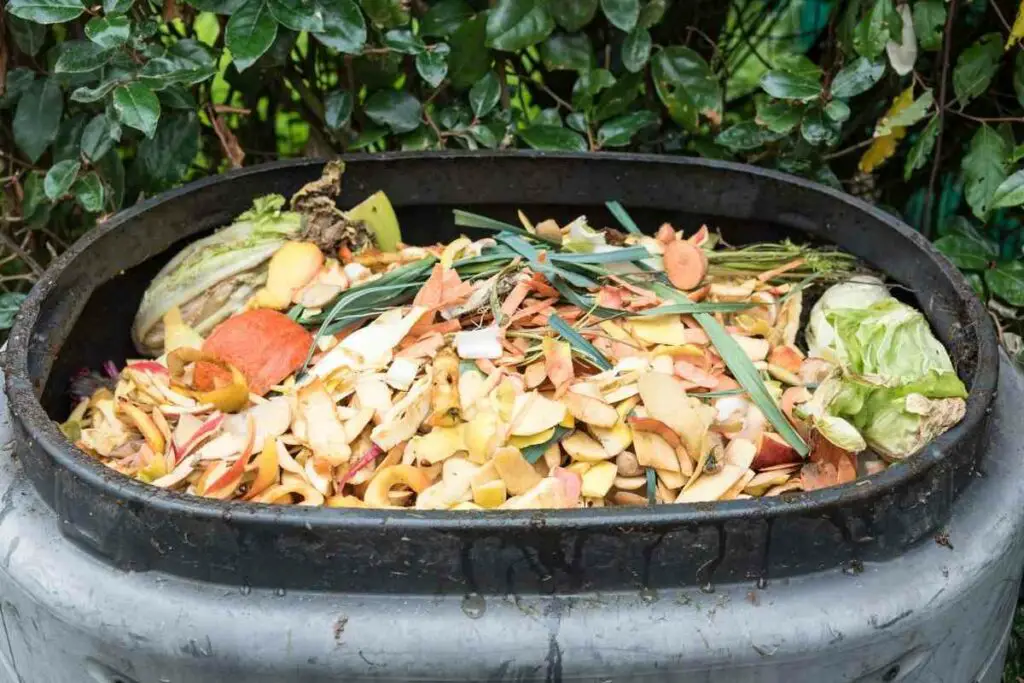
Chopping it up and dispersing the pieces throughout the compost can lessen adverse outcomes.
However, don’t let that scare you from adding ginger to your compost!
It’s easy to manage these effects without much effort on your part.
Here’s how ginger can impact your compost.
Added Acidity and Chemicals
Ginger is very acidic.
If you cut and peel the ginger before adding it to the compost, you can spread it out through the forming soil.
That way, no section of the compost is significantly more acidic than the rest.
Additionally – Ginger can attract insects, so herbicides and other chemicals are likely present on the root. The chemicals can easily make their way into your garden, where they get into your crops!
Since you don’t want to add unnecessary chemicals to your garden, you should wash all ginger scraps well before adding them to your compost.
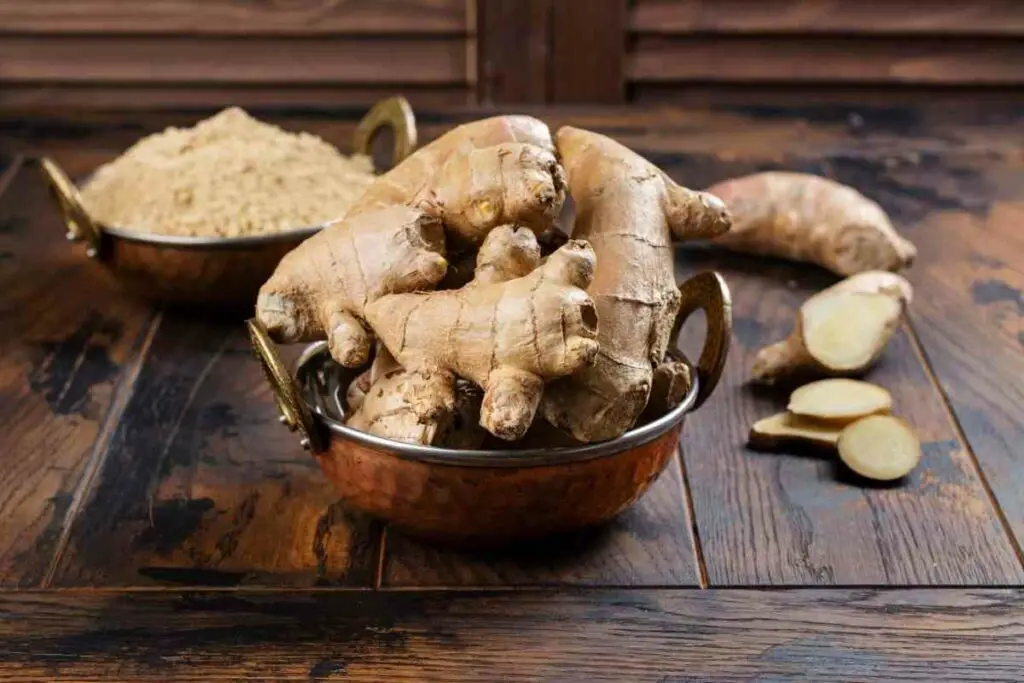
Breaking down the ginger in water can also help prevent excessive amounts of chemicals from getting into your garden soil.
Overall, it’s good to rinse off any kitchen scraps well before adding them to your compost pile.
You won’t have to worry about added chemicals getting into your plants and causing harm.
Slows Down Composting Time
When it comes to composting, you already need to have a lot of patience.
However, adding ginger to the pile can significantly slow down the decomposition process!
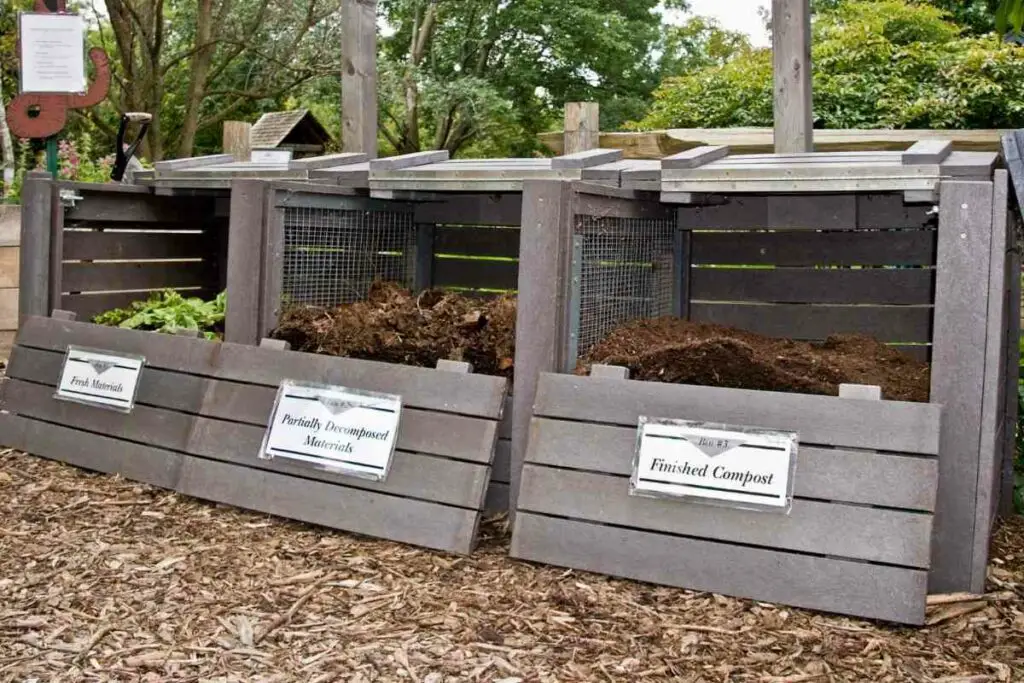
Ginger has strong outer skin and is very fibrous, making it take longer to decay than other produce.
Plus, since worms avoid eating it, you can expect it to take a long time to break down. Cutting the ginger helps a lot, but it will still take a while to turn into compost.
That’s why you should add ginger to a well-established compost bin.
You may notice pieces of ginger in your compost even when the rest of it finishes decaying as well.
In That Case – You can still take out some compost but leave the ginger behind for the next round of composting.
Drives Away Worms
Worms are an essential part of a functioning compost pile.
However, worms will actively avoid large chunks of ginger!
If you add ample amounts of ginger to the bin, the worms will run away from it- leading to portions of your compost pile decaying quicker than others.
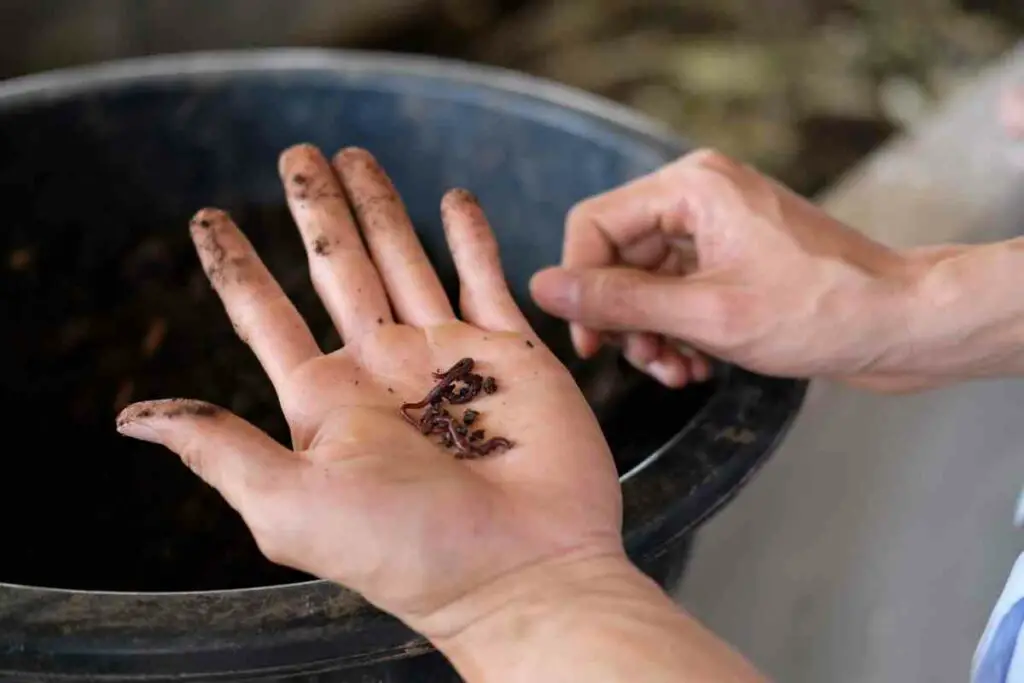
However, cutting the ginger up into small amounts and dispersing it well throughout the soil won’t cause the worms to avoid those areas.
They’ll still eat the ginger in minimal amounts.
You’ll want to make sure that no one place in your compost bin is too “ginger heavy” to keep your worms happy!
Turning your compost often is essential for mixing the small pieces evenly throughout.
Is It Bad To Add Ginger to Compost?
Despite the impacts of ginger on your compost bin, it’s not wrong to add it!
You also get plenty of benefits, but you’ll need not to overload the compost with ginger.
Ginger makes the perfect fertilizer for flowering plants.
Many plants store nutrition in their roots- ginger included! By putting it in your compost, you’re adding tons of vitamins to it.
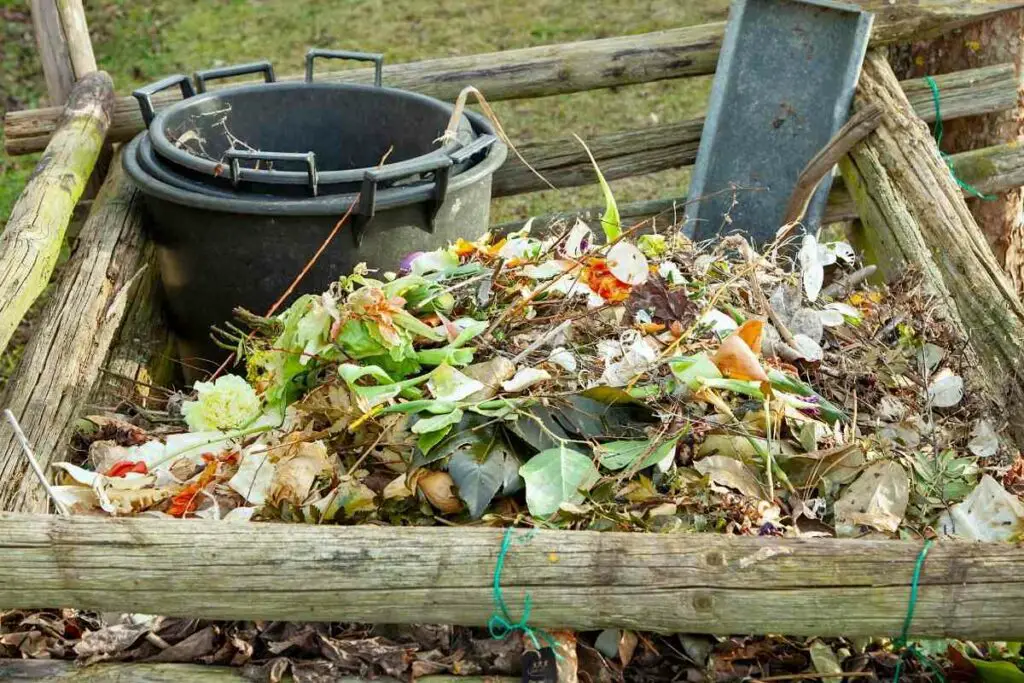
If you use that soil on flowering plants, the vitamins and minerals from the ginger help the plants have enough nutrition to bloom.
In short, adding ginger to your compost is never a bad idea. It comes with plenty of nutrition for your plants!
However, it would be best to stay aware of how the root can impact your compost.
That way, you won’t have to wait any longer for it to decompose, and you won’t accidentally drive the worms to one side of the pile.
Read Next
- How to Dry Basil Leaves: A Professional Guide
- Is an Avocado a Fruit or Vegetable? Simple Answer and Explanation
- Does Pineapple Have Seeds? Exploring the Anatomy of Pineapples
- Blooming Through Winter: Can I Grow Vegetables Indoors in the Winter?
- What Can You Grow in a Greenhouse All Year Round: A Guide to Year-Round Greenhouse Gardening
- Are Blueberries Blue? Debunking the Myth of Their Color




